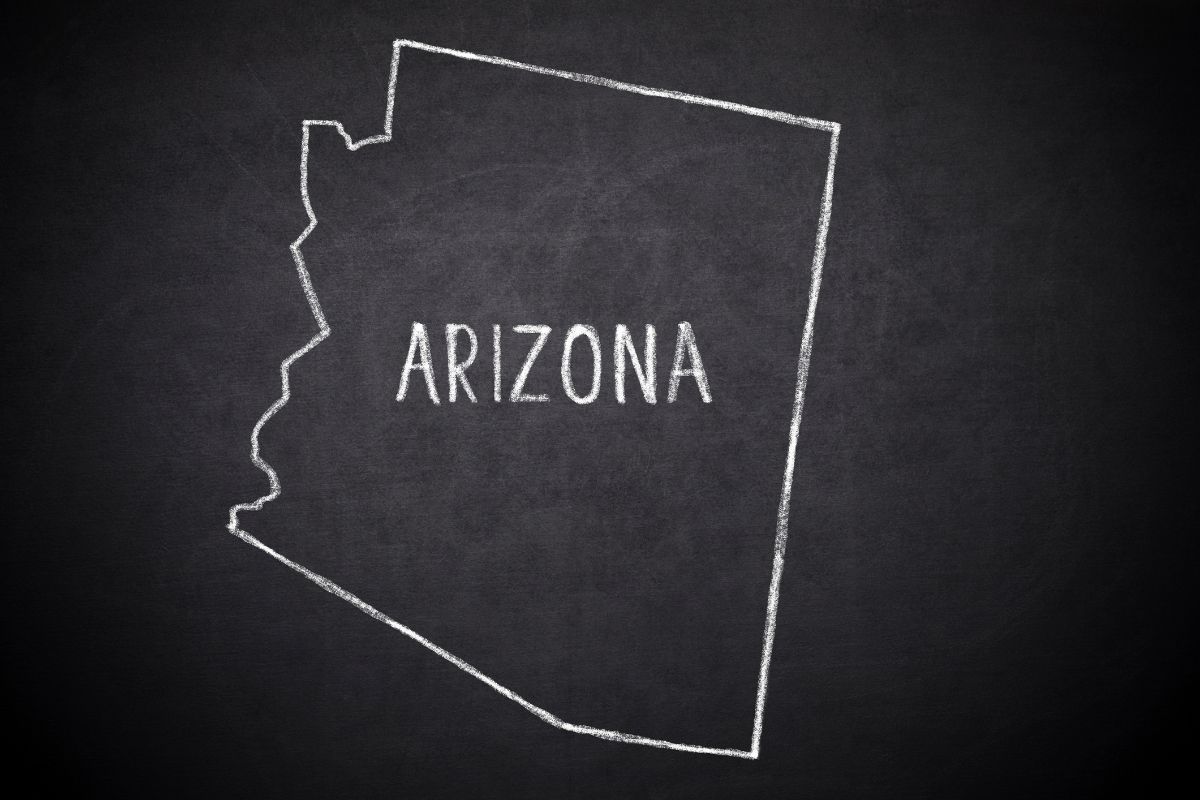Like other states, Arizona permits its municipal subdivisions to engage in zoning, including regulating the various types of structures and uses of land that residents within a given “zone” (generally residential, mixed residential-commercial, industrial, and so forth) are permitted to erect, maintain, and operate within.
Religious organizations can sometimes be negatively affected by zoning regulations. However, there are special protections afforded to religious organizations under both federal and Arizona state law.
- On the federal level, the Religious Land Use and Institutionalized Persons Act (“RLUIPA”) of 2000 established that the governmentis not permitted to implement any land use regulations “in a manner that imposes a substantial burden on the religious exercise of a person, including a religious assembly or institution, unless the government can demonstrate that imposition of the burden on that person, assembly or institution” is (a) “in furtherance of a compelling government interest;” and (b) “is the least restrictive means of furthering that compelling governmental interest.” (42 U.S.C. section 2000cc(a)2.). RLUIPA also contains prohibitions against government treating religious organizations “on less than equal terms” with secular ones and discriminating against religious organizations in zoning.
- In Arizona, the Free Exercise of Religion Act (the “FERA”), enacted in 2001, gives the state a great deal of control over a municipality’s permissions to regulate the locations of religious institutions and assemblies and to control other land uses affecting religious organizations. Local governments are prohibited by Arizona Revised Statues section 41-1493.03 from imposing or implementing a land use regulation that would (with a few exceptions) have one of the following effects on a church:
-
- It creates an unreasonable burden on the exercise of religion of those who worship at a church.
- It treats a church as less than equal under law to assemblies or institutions of a nonreligious sort.
- It discriminates against the church on the basis of religion.
- It excludes the church outright from a jurisdiction or places some form of unreasonable limitation on churches or religious structures within a jurisdiction.
When a church, ministry, or other nonprofit organization in Arizona finds its zoning rights in question, we can provide the advice or legal aid they need.Provident Law’s church and nonprofit attorneys recognize how essential these organizations are to society, and we provide broad transactional and general counsel services to keep them running smoothly. Contact us to learn more.


